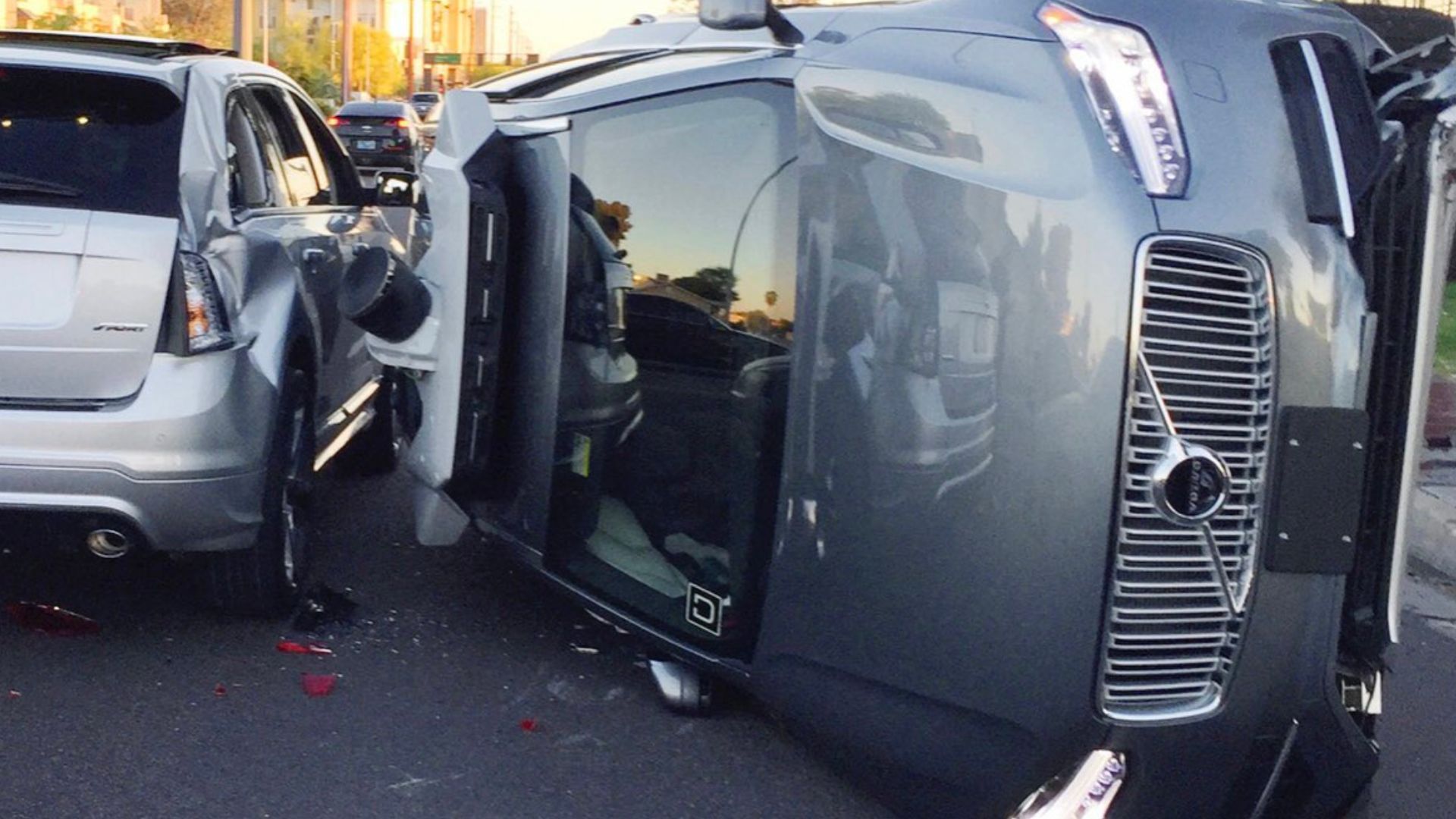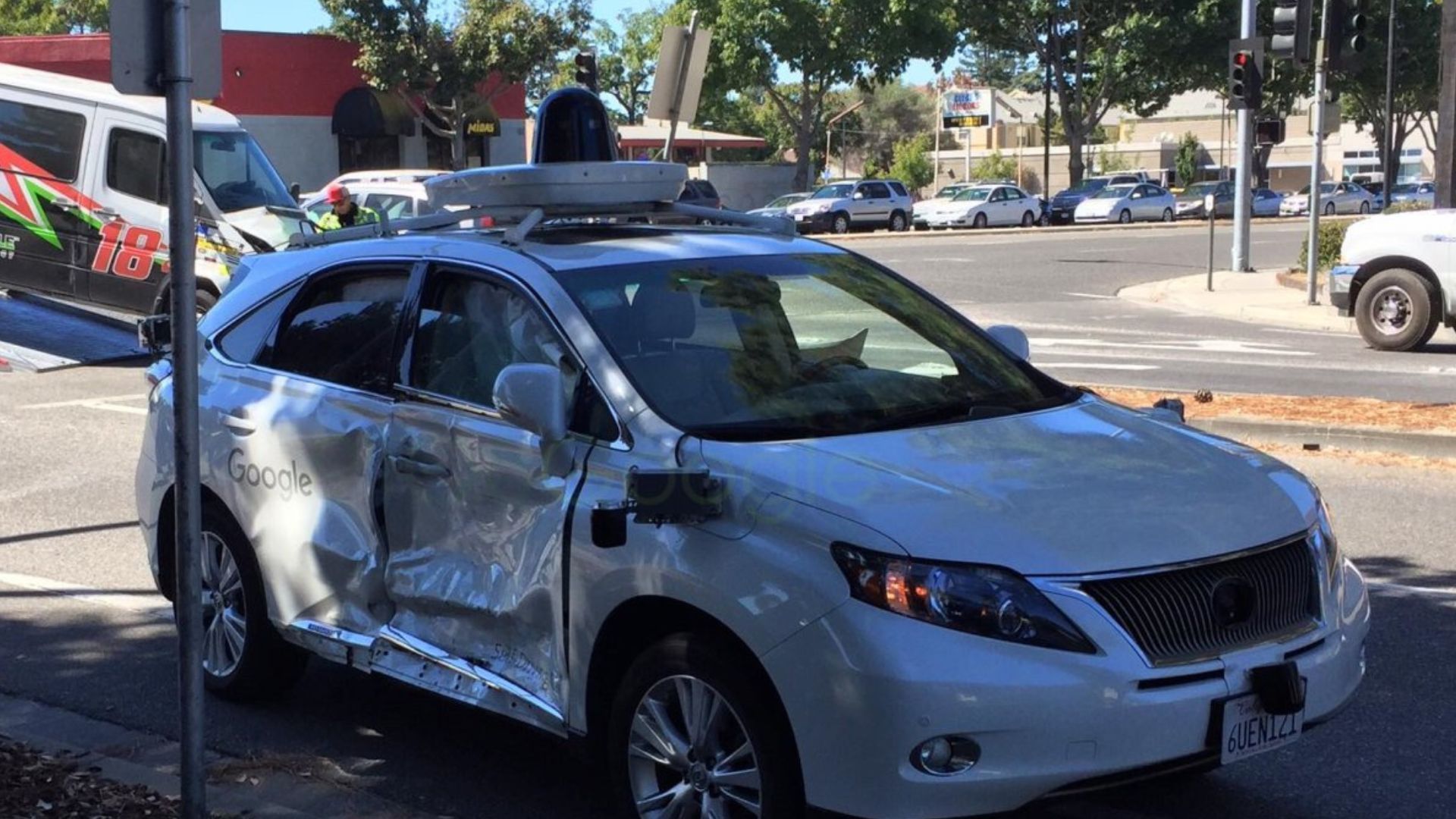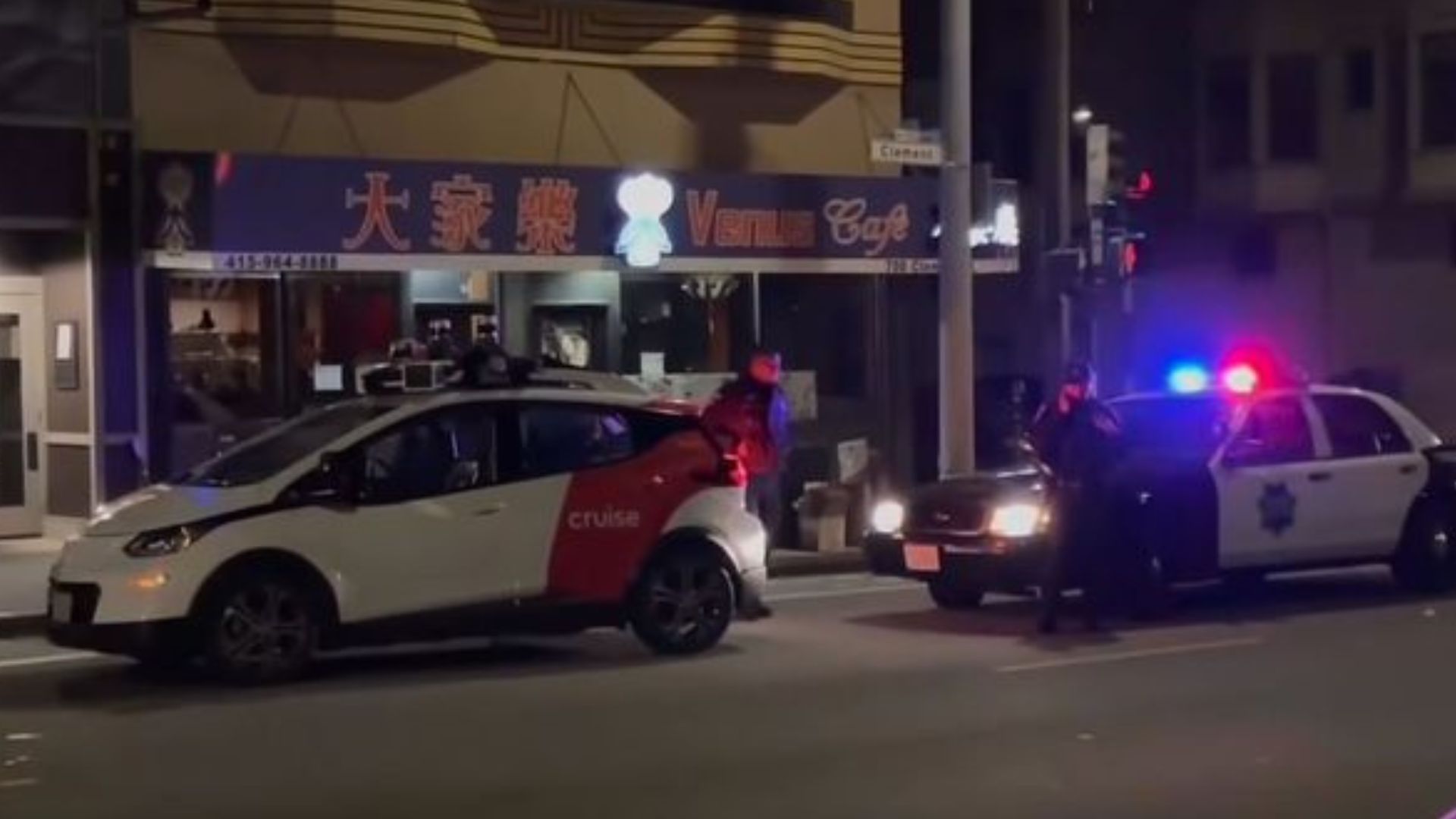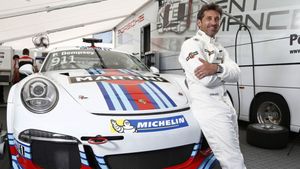Who oh who will save us?
Living in the Phoenix metropolitan area, I see self-driving cars constantly. Sure, there are those crazy experimental ones they run around certain parts of the city with huge LiDAR domes and other incredibly expensive sensors jammed every which way. But I see other at least partially self-driving cars, in particular Teslas, far more often. Despite the tales about how these automated driving technologies are, the data shows they’re crashing far more than more probably suspect.
Watch the latest Motorious Podcast here.
Per a recent report issued by the National Highway Traffic Safety Administration, over a 10-month period starting in July 2021 and ending May 15, 2022, almost 400 self-driving vehicles were involved in crashes throughout the United States. That’s not the utopia any of us have been promised by many in the media and tech industry.

Believe it or not, a broad study on this topic hasn’t been conducted before. That’s right, lawmakers and regulators have been allowing autonomous cars to run on city streets for years in some areas without digging this deep, maybe because there wasn’t enough data to go through.
Right off the bat, NHTSA warned the report shouldn’t be used to compare the tech from different automakers. Of course, some members of the media wasted no time pointing out 273 of the self-driving cars involved in accidents were Teslas, insinuating that they’re inferior to other options on the market. Just keep in mind they’re easily the most ubiquitous brand offering automated driving systems, so that could be why the constituted the lion’s share of the data.

What we do learn from the study is a little more about how well exciting autonomous drive technologies work in the real world. In the reported crashes, 6 people died and 5 were seriously injured. Safety advocates have portrayed these deaths and injuries as the result of NHTSA not stepping in and imposing minimum performance standards for autonomous drive systems. That logic would assume government can regulate away nearly all accidents, which hasn’t worked in any other area like backyard pools, so why would it work here?
NHTSA says the study has already helped it zero in on some problematic “defect trends” and which accidents to investigate closely. In other words, the federal agency believes it’s moving in exactly the right direction. We’ll see how that plays out as autonomous tech becomes more common.

Interestingly, all the data on autonomous vehicle crashes come from information reported by the automakers. Honda reported 90 such crashes, putting it in second place, with Subaru coming in next at 10. The remainder of the automakers in the study reported 5 or fewer crashes. That seems a little… interesting. The potential for reporting “errors” could be significant, calling into question the validity of this study.
NHTSA does acknowledge Tesla’s number might be larger because the company monitors vehicle telematics in real time, while other automakers don’t. That could lead to underreporting from the other brands, maybe in part because owners didn’t contact the automaker about the incident.
Source: ABC News
Photos via Twitter





